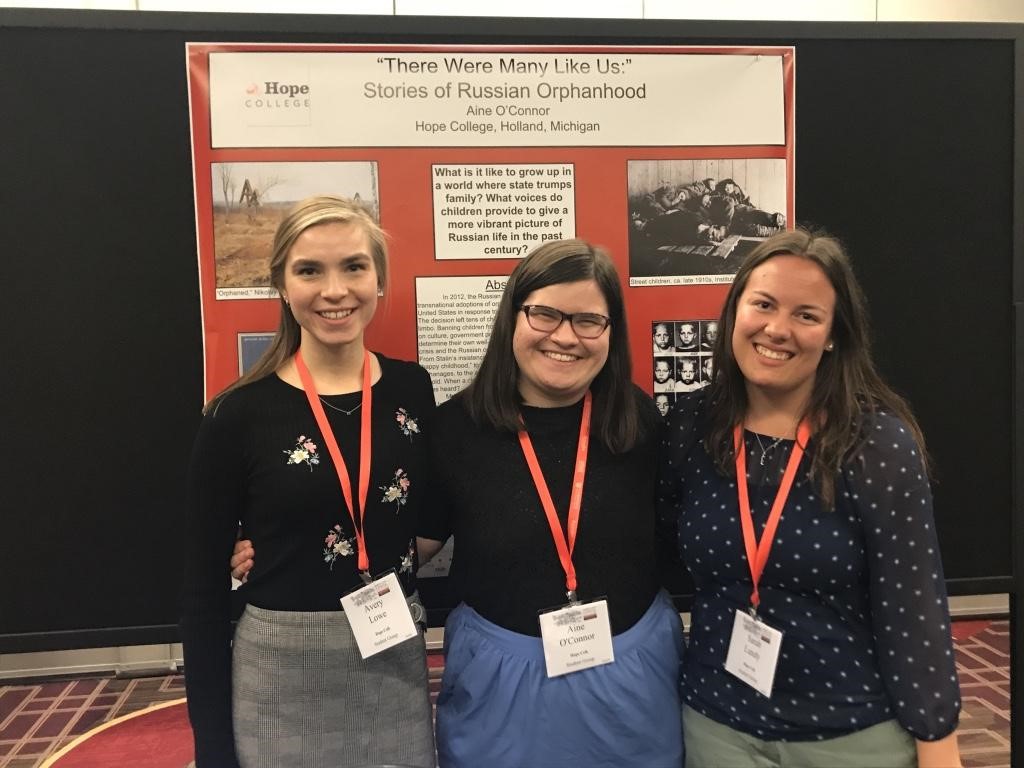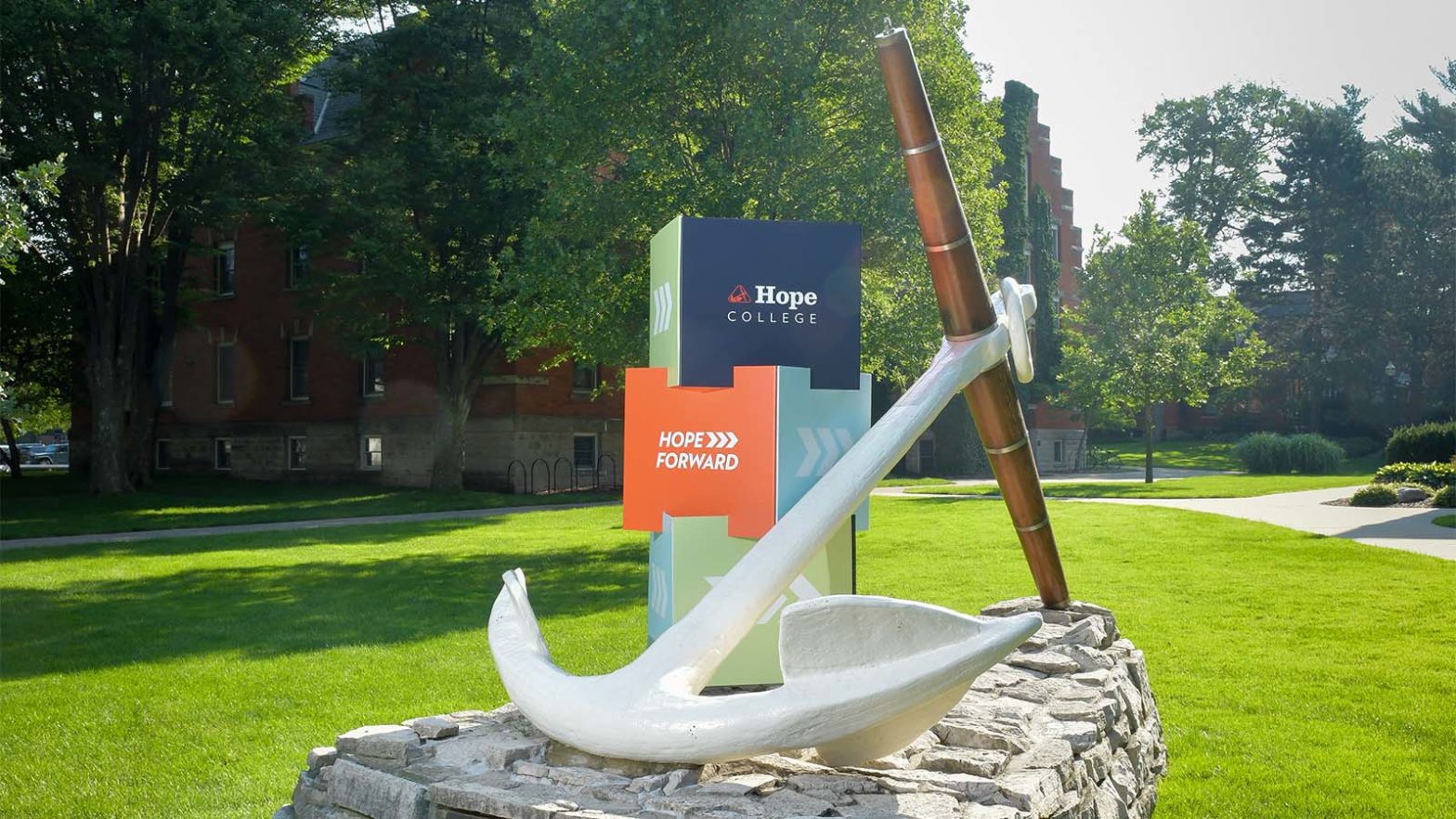When I think about my time at Hope, I remember everything through conversations. In my freshman year, I got nicknamed “the black hole” because my floormates would get trapped outside my door talking about everything from their homework to Peppa Pig cakes to the mid-2000s classic television series One Tree Hill. My beloved, long-suffering Hope friends are still putting up with me calling them for advice to this day! Let’s just say, I love a good talk, and I firmly believe that to listen to another’s story is to see the face of Christ. Conversation is transformative.

It was through conversations that Hope transformed me. My history and English faculty (including Jeanne Petit, Wayne Tan and Natalie Dykstra) were probably pretty tired of me bursting into their classes with weird research ideas, which ranged from Russian orphans, natural birth rhetoric and (seriously) Hawaiian princesses. But every time they talked with me and let me run wild, it sparked a love of creative research. My supervisors, especially Mark Brice and Geoff Reynolds, celebrated who I was while challenging me to bring my voice into more conversations, keeping those pernicious inner whispers of “you will never be good enough” away. My librarian (well, she’s helped a lot of people, but especially me), Tori Longfield, single-handedly inspired me to join her profession and let me monopolize her time every Friday afternoon my senior year, just to answer my questions.
I include names here, and could include the names of so many others, because these people knew me. Beyond Aine the student or Aine the employee or Aine the intern, they took the time to know me as a whole person and invest in my personal growth. Those conversations convinced me I was known, that I belonged, and that these people of Hope willed my good.
Looking back on these conversations now, I recognize even more acutely how they happened. I had time. I could talk about everything from One Tree Hill to Peppa Pig cakes with my friends until 3:00 a.m. because I didn’t have to get up to go to work the next morning. I could be pretty bad at a job for an entire year (God bless you, those RAs I supervised in 2018) because my ability to afford housing wasn’t dependent on it. My life could be fundamentally changed by summer research and an unpaid library internship because I didn’t have to worry about being crushed by student loan debt. I had time to pour into just being known. What a privilege that is.
Now, much of my life takes place in the academic world. As a reference librarian at South Dakota State University, I meet with students with a wide variety of interests, needs and desires. But what comes through clearly for so many of them is a desire to be known, a desire to be recognized as more than just a student. They also want their struggles to be known and not minimized. We owe it to every one of them to validate that college, and the life changes that come with it, are hard. There are times when it will feel like a transaction.
“The reason why I give to Hope Forward . . . is because I see making that opportunity possible as the best way to honor all the people who loved and talked me into who I am.“
To be honest, I think it’s okay to see college as transactional; I think it’s okay that some students will always feel that way. But what is crucial is that those students who want more, who want to be known, have that opportunity. And the reason why I give to Hope Forward—even though I’m young, even though I’m a recent graduate, even though I most certainly do not “have my life together”— is because I see making that opportunity possible as the best way to honor all the people who loved and talked me into who I am.
I want those students to have time, precious time, to develop relationships where they are known, where they belong, where someone wills their good. I want those students to see the face of Christ in a professor’s mentorship or a supervisor’s challenge or a friend’s laughter. I want them to be bowled over by their research and collaborate with classmates to solve difficult problems, without concern for the financial cost that time takes. I want those students—OUR students—to learn in a place of encounter, a place of wonder, a place of challenge, and a place of inclusion. I want them to learn, of course, in a place of hope.



Wow is that well-written and super inspiring!
Great read. Good for you. Always good to give in some way.
Yay, Aine! Thanks for all you’ve given to Hope, as a student and since.